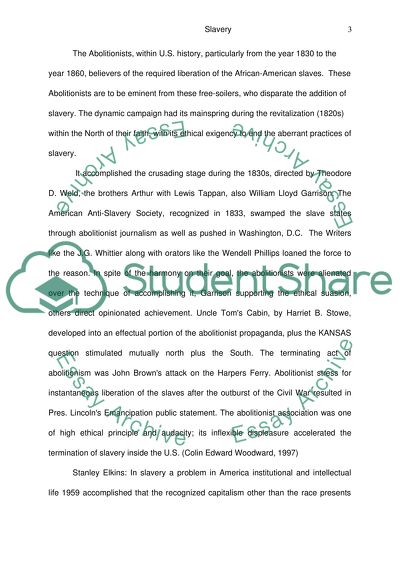Cite this document
(The Dynamic Society of Abraham Lincoln: an Antislavery Political Essay, n.d.)
The Dynamic Society of Abraham Lincoln: an Antislavery Political Essay. Retrieved from https://studentshare.org/politics/1502880-comparative-analysis-of-slavery
The Dynamic Society of Abraham Lincoln: an Antislavery Political Essay. Retrieved from https://studentshare.org/politics/1502880-comparative-analysis-of-slavery
(The Dynamic Society of Abraham Lincoln: An Antislavery Political Essay)
The Dynamic Society of Abraham Lincoln: An Antislavery Political Essay. https://studentshare.org/politics/1502880-comparative-analysis-of-slavery.
The Dynamic Society of Abraham Lincoln: An Antislavery Political Essay. https://studentshare.org/politics/1502880-comparative-analysis-of-slavery.
“The Dynamic Society of Abraham Lincoln: An Antislavery Political Essay”, n.d. https://studentshare.org/politics/1502880-comparative-analysis-of-slavery.


